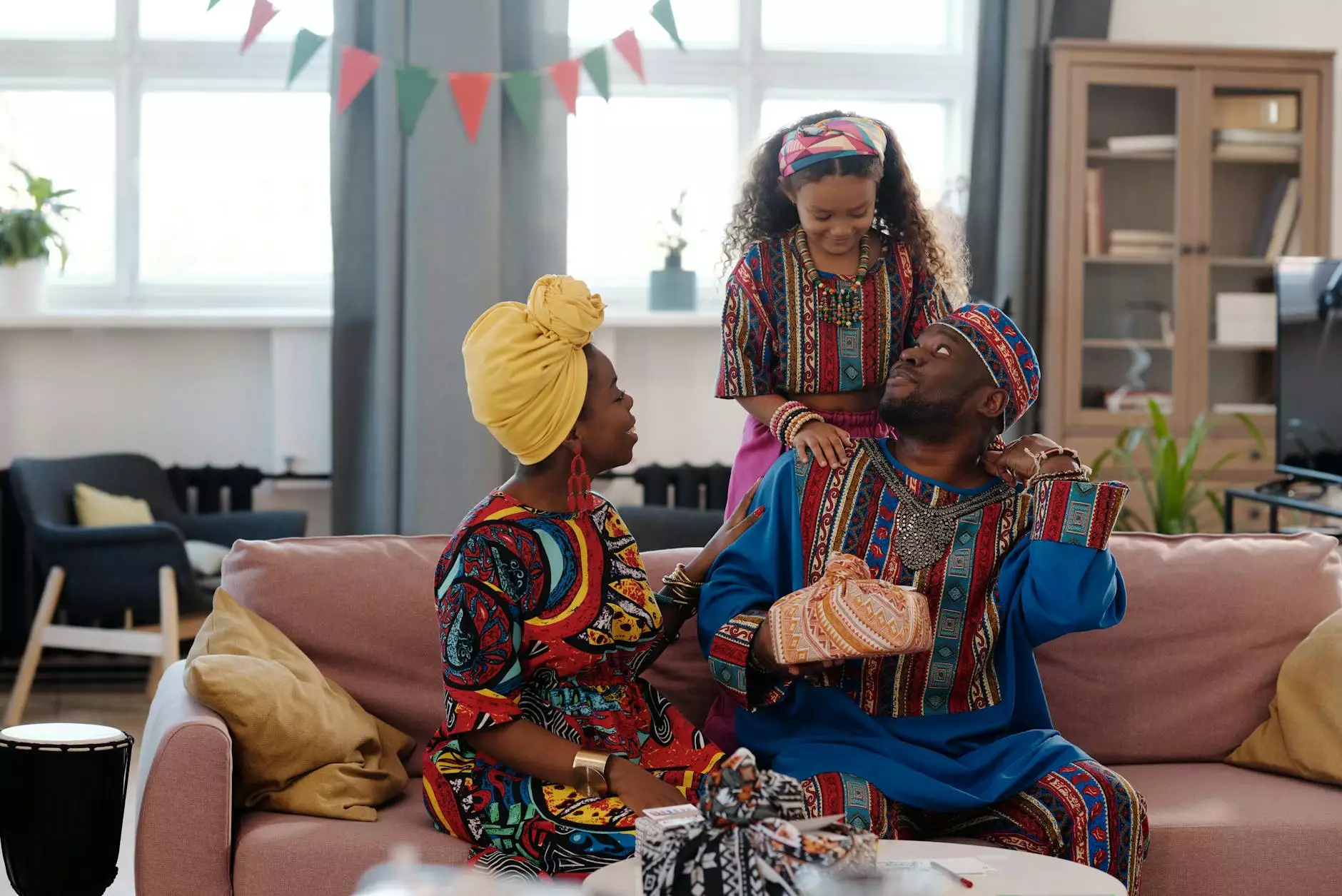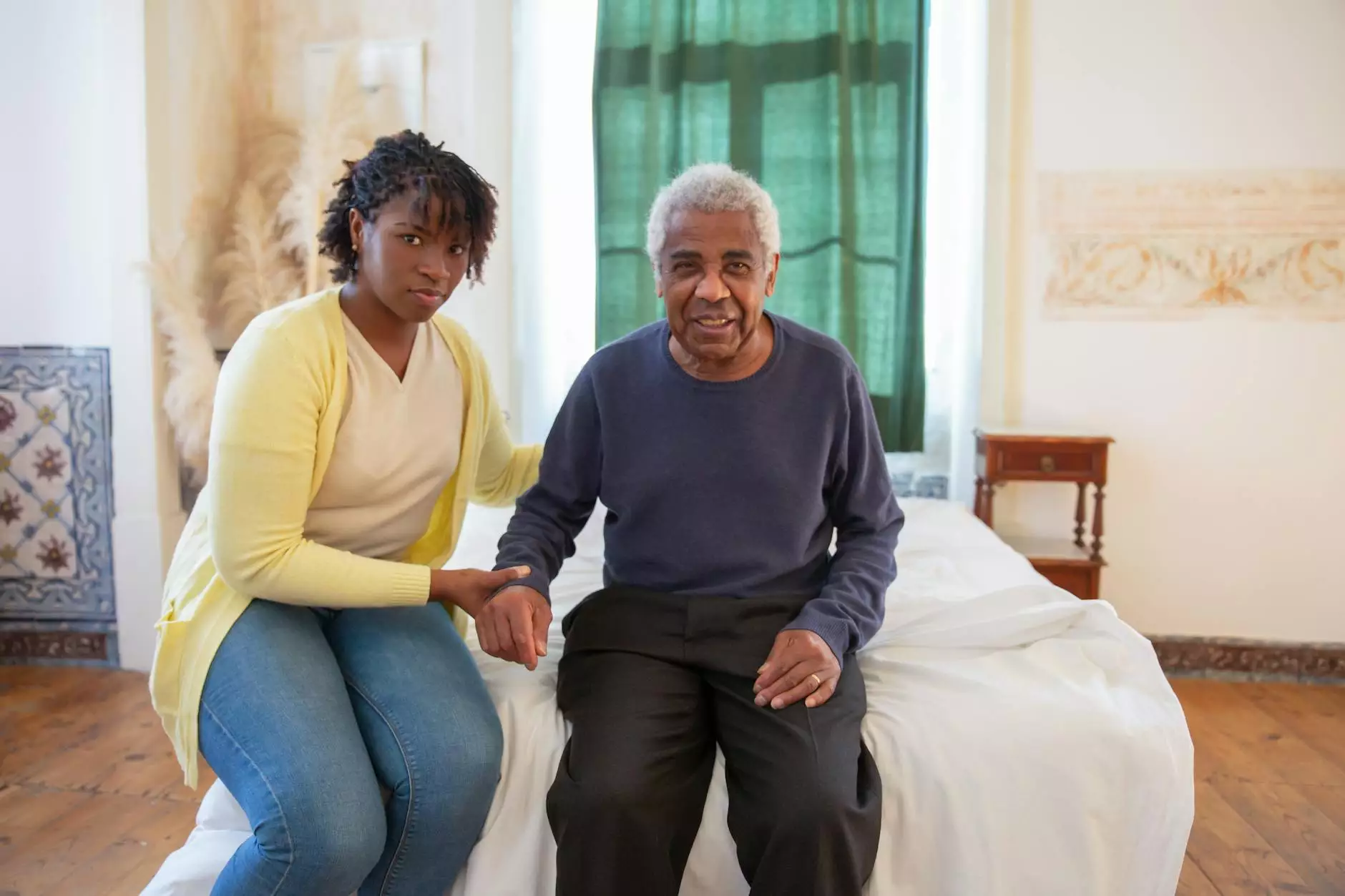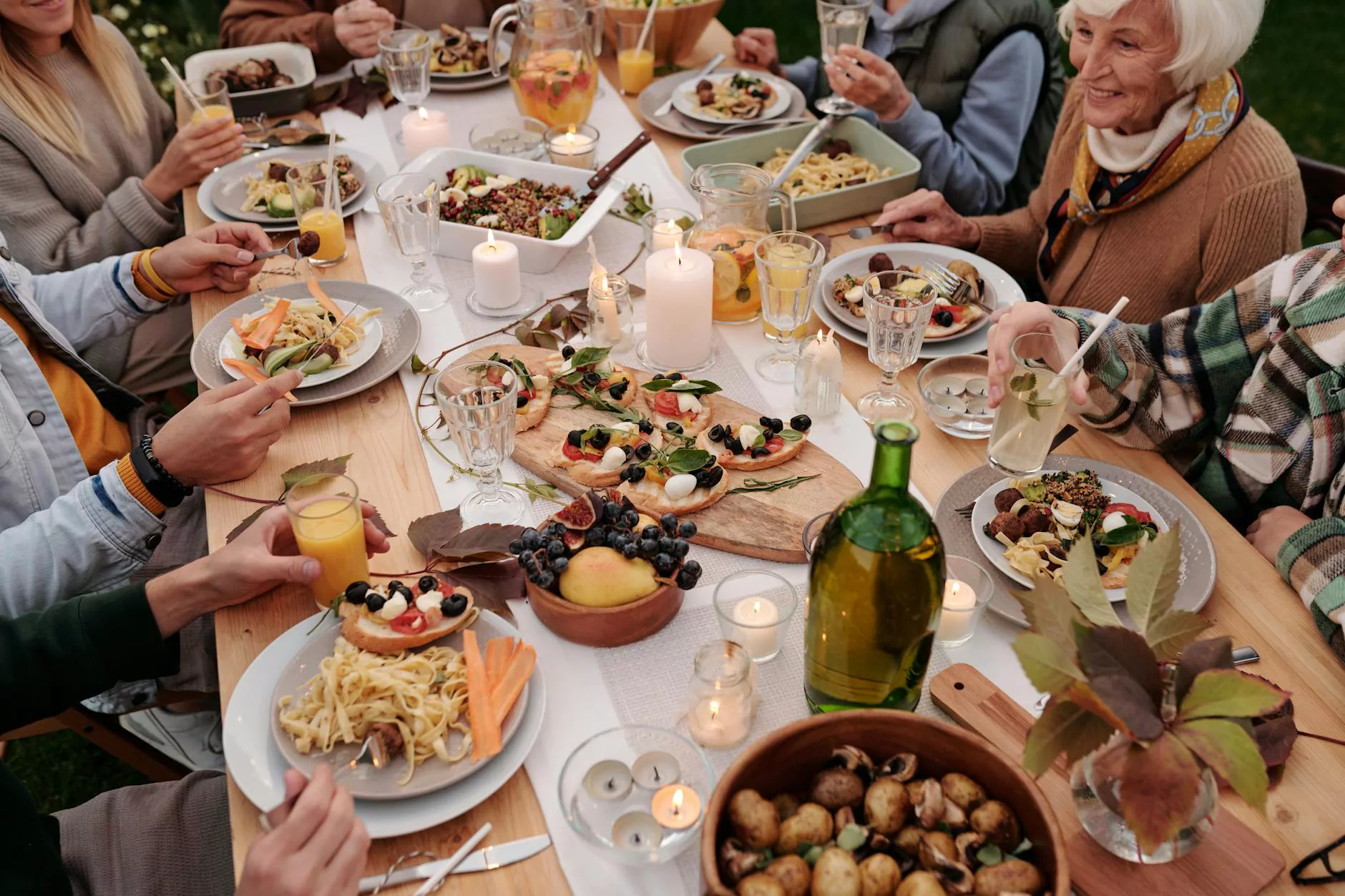African Funeral Traditions

At CompareTheCoffin.com, we understand the importance of honoring cultural diversity and providing a comprehensive range of funeral services. In this article, we delve into the rich African funeral traditions that celebrate the life of the departed with vibrant ceremonies, unique burial customs, and deep-rooted cultural practices.
The Importance of Funerals in African Cultures
Funerals hold great significance in African cultures, serving as a way to honor and pay respect to the deceased, while also uniting family and community. African funeral traditions are deeply rooted in cultural beliefs, spiritual practices, and rituals that have been passed down through generations.
Celebration of Life
African funerals are characterized by a celebration of life rather than mourning. These ceremonies often include vibrant music, energetic dancing, and colorful attire. The goal is to celebrate the life of the departed and remember their achievements, providing comfort and support to the grieving families.
Spiritual Significance
Many African funeral traditions have strong ties to religious and spiritual beliefs. These ceremonies often involve prayers, blessings, and rituals conducted by religious leaders or spiritual guides. The belief in an afterlife and the journey of the soul is a prominent aspect of African funeral practices.
Traditional African Burial Customs
African burial customs vary across different regions and tribes, each with its unique practices. These customs reflect the deep respect and reverence for the deceased, ensuring a peaceful journey into the next life.
Sacred Burial Grounds
In many African traditions, there is a strong connection between the deceased and their ancestral lands. Burial grounds hold immense spiritual importance and are considered sacred spaces. Families often carefully select burial sites that provide a peaceful resting place for their loved ones.
Rituals and Offerings
Various rituals and offerings are performed during African funerals to honor the deceased. These can include pouring libations, sacrificing animals, or placing personal belongings, such as clothing or jewelry, in the casket as a token of remembrance. These rituals aim to provide comfort and support to both the deceased and the grieving family.
Communal Mourning
Funerals in African communities are often communal events, bringing together extended family members, neighbors, and friends. This collective mourning allows for emotional support, shared grief, and a sense of unity during difficult times. It is a time for the community to come together and support one another.
Unique African Funeral Ceremonies
African funeral ceremonies are known for their vibrancy, cultural significance, and diverse practices that reflect the traditional values and customs of the region. Here are a few examples:
The Second Burial Ceremony (Ghana)
In Ghanaian culture, funerals are elaborate and can extend for several days. The second burial ceremony, known as "afirakyire," occurs months or even years after the initial burial. This ceremony celebrates the deceased's spirit and involves rituals, dancing, and feasting.
The Jazz Funeral (New Orleans, USA)
While not traditional, the Jazz Funeral in New Orleans, Louisiana, is a distinct fusion of African and Western funeral traditions. This joyous and lively procession brings together mourners, musicians, and dancers, celebrating life and honoring the deceased through music and dance.
The Ancestor Veneration (Nigeria)
In Nigeria, the Yoruba, Igbo, and many other tribes have strong beliefs in honoring ancestors. Ancestor veneration ceremonies involve offerings, prayers, and rituals aimed at connecting with and seeking guidance from the deceased ancestors. These ceremonies reinforce family bonds and cultural heritage.
Conclusion
CompareTheCoffin.com is proud to offer a wide range of funeral services that pay homage to the rich African funeral traditions. We understand the importance of cultural diversity and strive to meet the specific needs of families honoring their African heritage during their time of grief. With our expertise and understanding, we ensure that every aspect of the funeral is conducted with respect, dignity, and deep-rooted cultural reverence.









